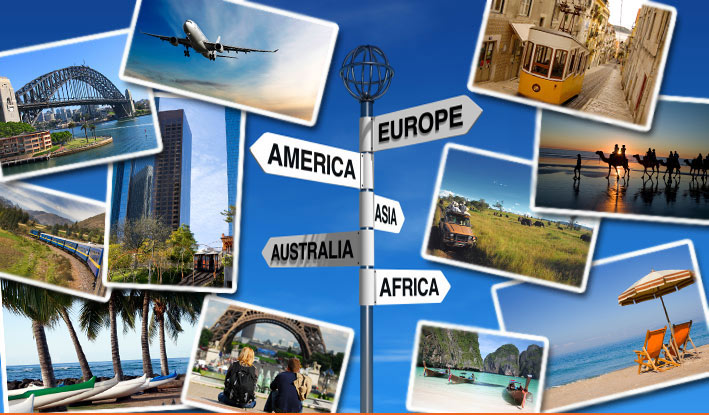
Lilian Gaitho
Day in day out, the travel industry continues to evolve; birthing and nurturing good and evil, beautiful and ugly in equal measures. Among the growing trends travel advisors at Jumia Travel are observing is the increasing number of travelers who want to do some good, and leave a destination better than they find it. A great boost to responsible tourism. Here are a few nuggets of wisdom, and answers to frequently asked questions to help you plan your volunteering voyage, also referred to as voluntourism, simply the act of doing voluntary work while on travel.
#1 Evaluate the purpose
The need to volunteer during your travel should fulfill more than a whim to make a claim in this fast-growing tourism feature, to attaining tangible success through positively impacting a life at your destination. It’s therefore important to identify your purpose for partaking in the same, for instance, is it a life-long dream you want to live or a professionally impacting achievement that will reflect well on your growth arc. Some people may long for the fulfillment of working as a team to build something useful, while others prefer individual projects. It’s therefore important to identify what you want, in order to lay down an effective plan on how to achieve it.
#2 Research on the project
Away from what they may have on their website, try to find reviews of volunteers who have participated in activities championed by the organization of your interest. Also talk to the insiders such as the person in charge of volunteer work and put forward any query that you may have. The interaction, however limited will definitely help you in forming a near perfect picture of the people you are going to work with and the environment they put forth.
#3 Understand the culture, and general perspective
Are you going to Enugu State in Nigeria or deep in the Maasai Mara in Kenya? While both destinations will appreciate a helping hand for various development-oriented projects, you’ll be expected to behave, interact, and basically live differently in each setting. Some communities are a little wary of strangers, choosing to keep their circles close knit amongst themselves which may require a different approach as compared to more open communities. Likewise, some cultures demand for equal distribution of chores between genders while others strictly define day-to-day roles in regard to one’s gender.
#4 Fully understand the task ahead
Part of the overall preparation is ensuring that your mental and physical ability can handle the pressure, intrigue and heat of the projects you delve into. For instance, heading to a hurricane-torn area on a rescue mission will definitely require some physical stamina, especially if you are deployed on the debris or core site. Also, some people tend to have a soft spot towards certain members of the society such as needy children and challenged senior citizens; it’s important to test your abilities ahead of the test, to avoid depression or trauma of any kind. Get into something that you can handle or grief that you can overcome without scarring yourself.
#5 Who benefits, anyway?
The greatest joy in voluntourism is knowing that a life was improved, wildlife was saved or generally the world is a better place simply because you invested your free time in a certain endevour. If the organization can not clearly answer this seemingly no brainer question, and the community does not seem to recognize what exactly happens beyond the fence or the wall; simply move on to the next project. You are better off basking in the sun all day, or burying yourself in the bush as opposed to toiling and moiling for the benefit of one selfish soul.
#6 Your itinerary
In Virunga Mountains for three days? You’ll certainly want to scout for gorilla families just as much as you may want to volunteer at the conservation downhill. It’s therefore important that you set your itinerary accordingly to ensure that you get the most out of each activity you engage in.
#7 What if it doesn’t work?
Prepare an exit strategy! Yes, long before you commit your time, as much as you want to leave the world in a better planet, your job is not to change every difficult situation along the way. Sometimes, you can only do so much. Set your limits before you sign any dotted line, and put forth questions on what is there to lose for uncompleted projects. This may touch on hours of work, working environment, the human factor, exposure to harmful components and general work environment.
Once you have a clean bill on the seven above, and any other; set off and make the world a better place! In the words of American Historian – Miriam Beard, “Travel is more than the seeing of sights; it is a change that goes on, deep and permanent, in the ideas of living.”
